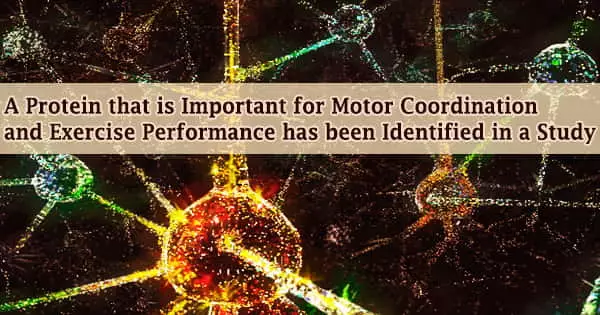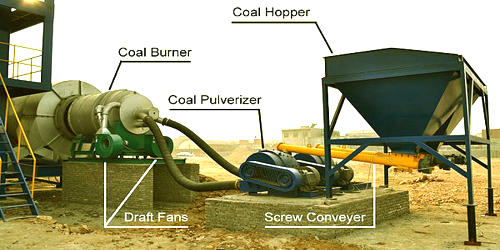A low-carbon diet is a diet that is designed to minimize the amount of greenhouse gas emissions that result from the production and transportation of the food consumed. This can include eating more plant-based foods, choosing locally-sourced and seasonal foods, and reducing food waste. Some studies have suggested that adopting a low-carbon diet can significantly reduce an individual’s carbon footprint.
This typically involves eating more plant-based foods, such as fruits, vegetables, and whole grains, and reducing or eliminating meat and dairy products. Eating locally grown and in-season foods, reducing food waste, and choosing organic and non-genetically modified foods can also be part of a low-carbon diet. Adopting such a diet can help reduce greenhouse gas emissions and mitigate the effects of climate change.
It refers to eating habits that result in a lower carbon footprint, typically achieved by eating less meat and dairy and more plant-based foods. This type of diet can help reduce greenhouse gas emissions and other environmental impacts associated with food production and transportation. It can also have health benefits, as plant-based diets have been shown to lower the risk of certain diseases. It can also include reducing food waste and choosing environmentally friendly packaging options. Adopting a low-carbon diet can help to mitigate the impact of climate change, as well as promote health and well-being.

A low-carbon diet is a dietary pattern that aims to minimize the greenhouse gas emissions associated with food production and consumption. This can include reducing or eliminating the consumption of animal products, which are a major source of emissions in the food system, and choosing foods that are produced locally and in season, which can reduce the emissions associated with transportation. Other strategies include eating less processed foods, and choosing plant-based foods over meat-based options, since the production of meat generates higher emissions than the production of most plant-based foods.
It is estimated that the US food system accounts for at least 20% of US greenhouse gas emissions. This estimate may be low because it only includes direct sources of GHGe. Indirect sources, such as demand for goods from other countries, are frequently overlooked. A low-carbon diet reduces emissions from food production, packaging, processing, transportation, preparation, and waste. Eating less industrial meat and dairy, eating less industrially produced food in general, eating food grown locally and seasonally, eating less processed and packaged foods, and reducing food waste through proper portion size, recycling, or composting are all major tenets of a low-carbon diet.
















